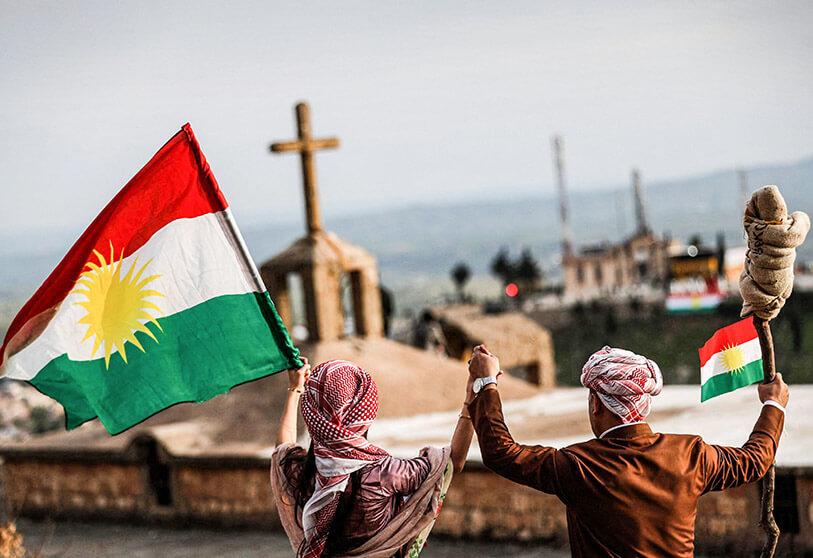The Kurdish Question


The “Kurdish Question,” which is directly related to the question of the independence of Kurdistan and the use of terrorism as a political tool to realize national projects and ultimate goals, was reopened as a result of the Istanbul terror attack and a new Turkish military intervention (aggression) in North Syria.
A vital and dual-faceted role for Russia in resolving the “Kurdish Question” in the Middle East is as follows: 1. To publicly support Kurdish minority rights to self-determination, including a right to national-state independence, in line with, for example, US policy toward the Kosovo case; and 2. To covertly support Kurdish freedom-struggle terrorism in Turkey in retaliation for both Turkey’s direct support of Chechen separatist rebels on Russian territory in the 1990s and for the Turkish bastardization of the Russian airliner.
In comparison to all of the current states where they dwell, Turkey exhibits the highest levels of discrimination and oppression toward the Kurds. Despite making up one-fifth of Turkey’s population and being, along with the Greeks and Armenians, the country’s oldest population, having lived in Anatolia for nearly three thousand years before the first (Seljuk) Turks arrived there at the end of the eleventh century, the Kurds have not been recognized in Turkey as a distinct ethnolinguistic minority with their own language and culture.
As one of the oldest ethnolinguistic groups in both the Middle East and Europe, Kurds have a common desire and right to establish their own sovereign state. There are three major causes for the current Kurdish separatist movement in Turkey:
The Kurdistan Workers’ Party (PKK) was founded in 1978 to fight for the rights of the unacknowledged Kurdish minority and to further its stated national-political objectives as a result of Ankara’s discrimination and brutal anti-Kurdish policy. Ankara declared the PKK to be both an illegal and terrorist organization fighting for the destruction of the country’s legal and institutional system. Unquestionably, the PKK carried out countless terrorist attacks throughout Turkey. Within the first ten years of its existence alone, 6.000 people were killed as a result, according to official government sources. The meager results of these PKK methods only became apparent after Ankara was compelled to legally acknowledge Kurdish cultural distinctions, if not ethnic and linguistic ones. However, the critical query in this instance is: How is it possible to have a distinct culture without a distinct language, much alone ethnicity? As ethnolinguistic and cultural identities are typically understood as synonyms, it is a common approach to basically separate ethnolinguistic features to create and separate cultural identity; however, this formula does not work in Turkey in the case of the Kurds and several other (unrecognized) ethnolinguistic minorities.
However, the critical query in this instance is: How is it possible to have a distinct culture without a distinct language, much alone ethnicity? As ethnolinguistic and cultural identities are typically understood as synonyms, it is a common approach to basically separate ethnolinguistic features to create and separate cultural identity; however, this formula does not work in Turkey in the case of the Kurds and several other (unrecognized) ethnolinguistic minorities.
DISCLAIMER: The author is solely responsible for the views expressed in this article. The author carries the responsibility for citing and/or licensing of images utilized within the text.
